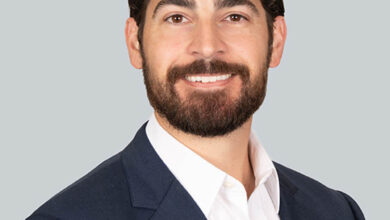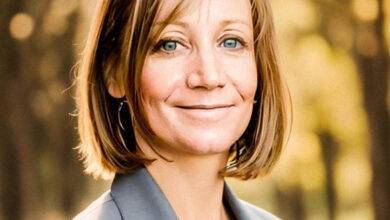
Dr. Fayez K. Ghishan
For more than two dozen years, Dr. Fayez K. Ghishan has shared his ideas, hypotheses and fundraising acumen with the University of Arizona’s Steele Children’s Research Center.
Ghishan has brought millions of dollars in grants from the National Institutes of Health to Tucson and co-authored major textbooks on pediatric gastroenterology and nutrition, plus hundreds of research papers.
Ghishan came to the UA from Vanderbilt University in 1995 to take the top spot in his field here.
“Tucson is a hub for allergies. I started seeing a lot of patients for this,” Ghishan said of the time when his work for children began in Tucson. “They would tell me ‘I’m going to Cincinnati Children’s because they specialize in aerodigestive diseases’ – so we built a center of excellence – and I recruited people from Cincinnati Children’s and brought them here.”
Q: What was your vision for what eventually became the Steele Children’s Research Center and Diamond Children’s Medical Center when you arrived in 1995?
A: My first tasks were to secure the necessary state-of-the-art research equipment and recruit the best physicians, scientists and physician-scientists to advance our knowledge in pediatric health.
Our work is focused on autoimmune diseases, including type 1 diabetes, which is a chronic condition in which the body makes antibodies against the beta cells in the pancreas that produce insulin and the beta cells are destroyed. Treatment centers on managing blood sugar levels through nutrition and insulin injections. While the disease can be managed, it can be life-threatening. The Centers for Disease Control estimates that nearly 30 million people in the United States suffer from autoimmune diseases.
We have three missions at Steele Children’s Research Center. We’re training medical students to be pediatricians and subspecialists. That’s first. The next focus is on caring for the children who rely on the Steele Center for treatment. Prior to its creation, children in Southern Arizona did not have the clinical resources needed. The last mission is discoveries – this is how to find the cure. We’re working on genetic-code sequencing, understanding tolerance and the microbiome.
Through the generosity of Donald Diamond and his family, we have built a children’s hospital that has 116 beds. Every room is a private room in which three people can sleep – the two parents as well as the child. Every room has a private bathroom, a private shower. That was our ultimate vision of how to provide state-of-the-art clinical care for our patients.
We have recruited 85 faculty members to really help bring in the residents and subspecialists to take care of these kids when they’re sick. We doubled the size of the residency program. When I arrived here, we had 33 pediatric residents. Now we have 70 pediatric residents in our program.
Q: How has the Steele Center and the children’s hospital played a role in overall economic development in Southern Arizona – and how has it been able to involve the business community?
A: We train doctors for the community and for the state of Arizona because we know many of the people we train stay here.
We did an economic study to see the impact of having a children’s hospital in this community. People come here because we built certain high-specialty programs – where parents come and stay and live for three months, for example, with their kids. So it’s clear that it has a major economic impact on Tucson and the state.
Q: Who are some of the businesses, individuals and organizations that have had the most significant impact in the Steele Children’s Research Center?
A: Father’s Day Council Tucson was established by the late Howard Rosenberg and son Steve Rosenberg to raise funds specifically for the Steele Children’s Research Center. Similar Father’s Day Councils in other cities raise funds that go to the American Diabetes Association. But here the money raised stays local and supports our program.
Another big group that has made an incredible impact on us is an organization in Phoenix called PANDA – People Acting Now Discover Answers. So far they have raised almost $15 million from the Phoenix community.
Arizona Elks Major Projects has provided unbelievable support for us and they have also raised a significant amount of money (more than $6 million) for our programs. Angel Charity for Children basically gave us $700,000 to build a clinic for children with type 1 diabetes.
The Steele advisory board supported all these advances over the years and created the Kids of Steele organization to help support our families undergoing treatment.
Q: What are the major upcoming initiatives of the Steele Children’s Research Center that will have the most impact on the region’s business environment over the next 10 years?
A: We’re going to concentrate on three areas. One of them is personalized genomic medicine. We are doing that in collaboration with a number of institutions around the country. Second, we are concentrating on finding cures for children with behavioral and developmental issues. Third is finding a cure for autoimmune diseases. This will be our task for the next 10 years.





